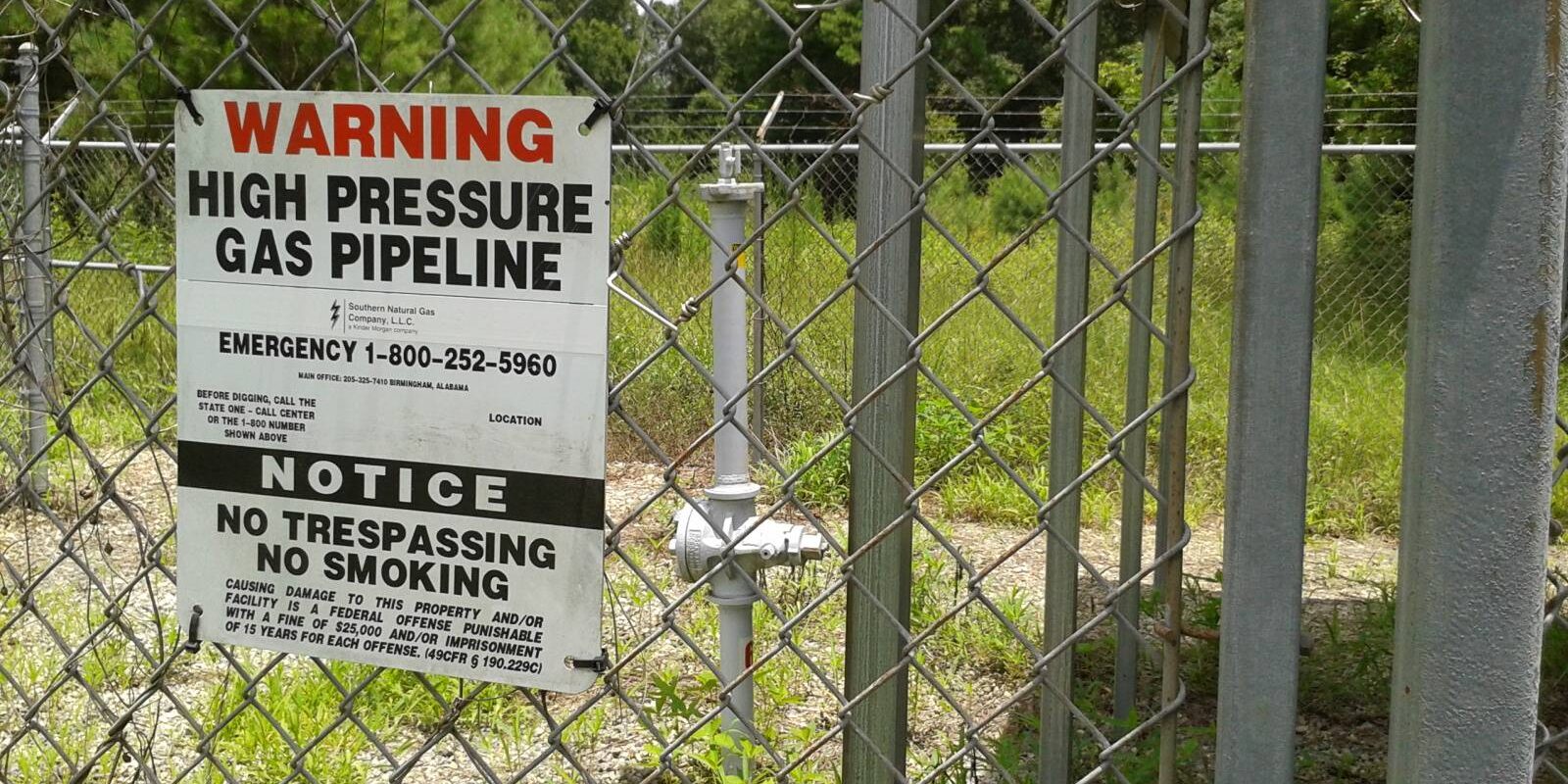Entertainment
Canadian Legislation Sparks Debate Over Environmental Protections

Significant changes in Canadian legislation have raised concerns regarding environmental protections and Indigenous rights. Recent bills, including British Columbia’s Bill 15 and Ontario’s Bill 5, are designed to expedite development projects, particularly in resource extraction, while potentially undermining environmental safeguards.
The natural world is essential to human existence, providing food, air, and water. Yet, it is not only the environment that sustains us; narratives also shape our understanding of the world. These stories influence economic structures, dictating how we assign value to goods and services. Currently, a prevailing narrative suggests that environmental regulations impede economic progress, promoting the idea that such safeguards should be dismantled to facilitate development.
Several legislative measures illustrate this trend. Bill C5, part of the federal Building Canada Act, allows infrastructure projects deemed in the “national interest” to bypass standard regulatory requirements. Similarly, Ontario’s Bill 5, known as the Protect Ontario by Unleashing Our Economy Act, permits the provincial government to disregard the Endangered Species Act and other regulations in designated “special economic zones,” including the controversial Ring of Fire area, which is located on Indigenous traditional territories.
These pieces of legislation suggest that upholding Indigenous rights is seen as an obstacle to economic development. Each bill was crafted to facilitate projects without adhering to the principle of obtaining free, prior, and informed consent from Indigenous nations, as mandated by international agreements. Politicians proposing these acts often embellish them with themes of prosperity and sovereignty, particularly in response to perceived economic instability stemming from U.S. trade policies.
Historical precedents illustrate the dangers of fear-based narratives during economic downturns. The rise of Nazism in Germany, the military junta in Argentina, and the election of Donald Trump in the United States were all fueled by stories that scapegoated specific groups for economic woes. In Canada, the growing narrative that environmental protections should be relaxed to enhance resource extraction has gained traction, prompting calls from the premiers of Ontario and Alberta to repeal several federal environmental laws, including the Impact Assessment Act and the Species at Risk Act.
Indigenous land defenders have actively opposed these legislative changes. Nine First Nations in Ontario have filed a legal challenge against Bill 5 and Bill C5, arguing that delays in project approvals arise from governmental choices and bureaucratic inefficiencies, rather than from Indigenous consultation processes. They contend that hastily implemented changes cannot come at the expense of Indigenous rights or the principles of reconciliation.
Mainstream narratives can often go unchallenged, with many accepting the idea that regulations are merely obstacles to progress. However, evidence suggests that existing environmental safeguards in Canada have not been sufficient to prevent biodiversity loss. The opportunity exists to reshape these narratives, emphasizing the interconnectedness of healthy ecosystems and sustainable economies.
Many Canadians advocate for a future where Indigenous rights are respected, and the importance of environmental stewardship is recognized. These stories not only reflect alternative realities but also possess the power to influence future policies and practices.
David Suzuki, a prominent scientist and co-founder of the David Suzuki Foundation, emphasizes the need for a collective rethinking of how narratives shape our economic and environmental landscapes. The work of the foundation, alongside voices like Rachel Plotkin, underscores the importance of integrating ecological health into economic planning.
As Canada navigates these complex issues, the challenge remains to balance immediate economic interests with long-term sustainability and respect for Indigenous rights. The ongoing debate will likely shape the nation’s economic framework for years to come.
-

 Politics4 weeks ago
Politics4 weeks agoSecwepemc First Nation Seeks Aboriginal Title Over Kamloops Area
-

 World5 months ago
World5 months agoScientists Unearth Ancient Antarctic Ice to Unlock Climate Secrets
-

 Entertainment5 months ago
Entertainment5 months agoTrump and McCormick to Announce $70 Billion Energy Investments
-

 Science5 months ago
Science5 months agoFour Astronauts Return to Earth After International Space Station Mission
-

 Lifestyle5 months ago
Lifestyle5 months agoTransLink Launches Food Truck Program to Boost Revenue in Vancouver
-

 Technology3 months ago
Technology3 months agoApple Notes Enhances Functionality with Markdown Support in macOS 26
-

 Lifestyle3 months ago
Lifestyle3 months agoManitoba’s Burger Champion Shines Again Amid Dining Innovations
-

 Top Stories2 months ago
Top Stories2 months agoUrgent Update: Fatal Crash on Highway 99 Claims Life of Pitt Meadows Man
-

 Politics4 months ago
Politics4 months agoUkrainian Tennis Star Elina Svitolina Faces Death Threats Online
-

 Sports5 months ago
Sports5 months agoSearch Underway for Missing Hunter Amid Hokkaido Bear Emergency
-

 Politics5 months ago
Politics5 months agoCarney Engages First Nations Leaders at Development Law Summit
-

 Technology5 months ago
Technology5 months agoFrosthaven Launches Early Access on July 31, 2025



















